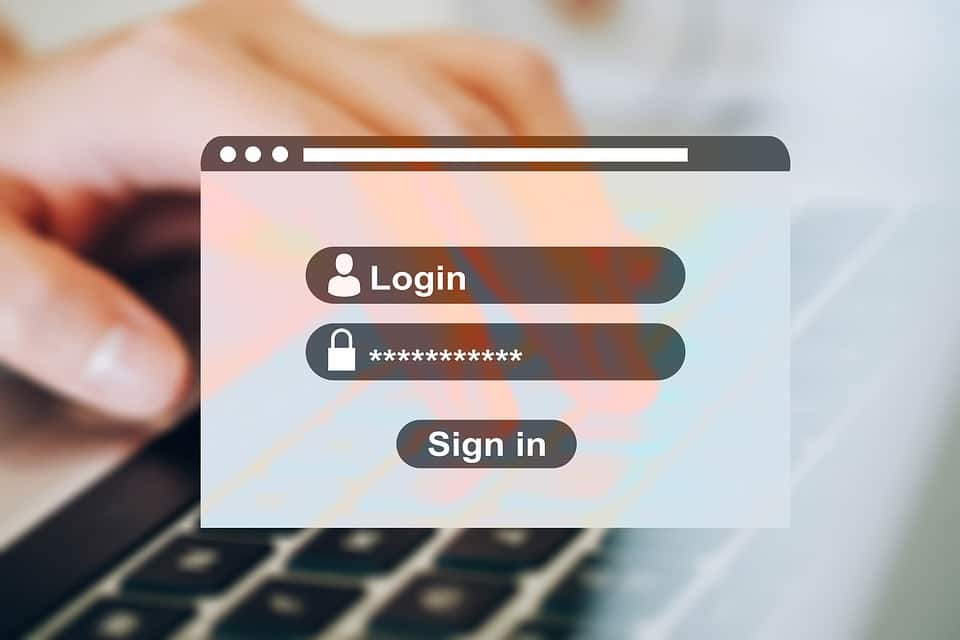1. Have an information security policy in place
It is important to have an information security policy in place. Most organizations lack an information policy and this affects the safety of the data. When there is no policy in place, individuals in the organization tend to follow their own standards when it comes to cybersecurity. This can result in clashing standards thus resulting in reduced data safety. All organizations need to have policies that clearly define how issues of security should be handled. Information policies also give stakeholders in the organization a sense of accountability and responsibility.
2. Carry out training
Training the staff and users can go a long way in securing the data. Statistics have shown that the lack of training is the key factor that contributes to breaches. According to a report by Telesign, up to 70% of breaches are caused by employees who lack training. You should regularly train all users of the networks to ensure that they know about the security risks. Since phishing attacks are more common in workplaces, emphasis should be put on these. Phishing attacks also evolve rapidly and they rely on manipulating the office email culture.
3. Sensitize users on why training is necessary
It is also important to tell your employees, staff and other users of the systems that the training is necessary. You should explain to them what the training involves and why they need to be sensitized about the issues. When the stakeholders understand exactly why the training is necessary, they act more pragmatically when it comes to dealing with insecurity. Leaving the users in the dark has the opposite effect where they lack the care nor consideration to do things the way they are supposed to be done.
4. Have a password policy
As ordinary as it seems, having a password policy is one of the things that can highly boost security in an organization. Most users do not spend a lot of time thinking about the kind of passwords they use. There is thus a high prevalence of simple and unsafe passwords. With reports showing that hacking of passwords is a commonly used tactic to steal information, having a strong policy that recommends the kind of passwords should be used would be the best option for security.
5. Use a VPN
There is no doubt that network connections are also a major source of insecurity. Privacy and security are two issues that determine how safe the data is. When it comes to boosting the privacy and security of networks, VPN tools are the best for the job. There are many different VPN options in the market but none quite beat NordVPN. The provider has received rave reviews from both big and small organizations. With the VPN tools in place, you can expect to cut down security issues by a huge margin.
6. Clean the desks
Ensuring that the responsible storage of data defines the office spaces is also important for data safety. Sensitive information should not be left lying around in the workplace as it can be stolen and used for wrongdoing. If there are some employees, staff or users who have bad habits when it comes to keeping the data safe, the organization should encourage responsibility. Conclusion There are indeed many ways of keeping the data in any kind of space safe. While the world of hacking is evolving quickly, most of the risks that result in big losses are simple. There are therefore a number of steps that organizations and individuals can take to ensure that the data is safe. The above tips represent the best tips you can use to ensure that all your data is safe.

